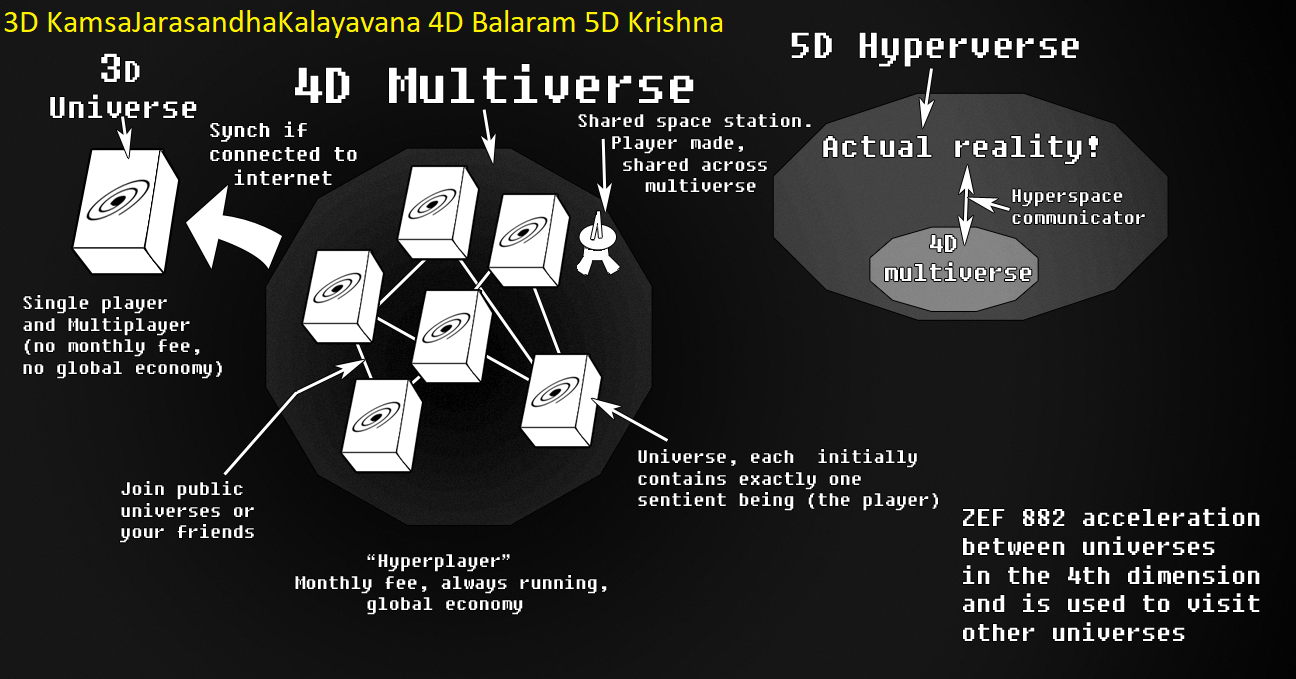The gates closed again, the gate-keepers woke up and, on hearing a child's voice, they forthwith informed their King. Kansa had been anxiously waiting for the birth of this child. So he lost no time in getting up and appearing before Devaki. He snatched away the child from her. Devaki remonstrated with her brother praying for the life of her daughter. Kansa heeded not her words. He raised the child aloft and cast it down to strike it against a stone. The child slipped away from his hands, and rose high up. This younger born of Vishnu appeared with eight hands, bearing eight weapons, —
- Dhanus (bow)
- Sûla (spear)
- Isha (arrow),
- Charma (hide protector),
- Asi (sword),
- Sankha (conch),
- Chakra (Disc), and
- Gadâ (club).
"Fool that thou art" she thundered forth, "What if I am killed. He who shall make an end of thee, thy former enemy, is born somewhere else. Do not kill other children in vain."
The Goddess Mâyâ then became known by different names in different parts of the earth.
Kansa was wonder-struck. He removed the fetters of Vâsudeva and Devaki and begged their pardon, saying, "Like a Râkshasa, I have killed your sons. I do not know what fate awaits me after death. Not only men tell lies, but the Devas too."
